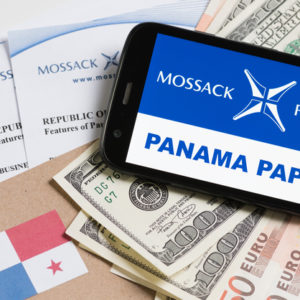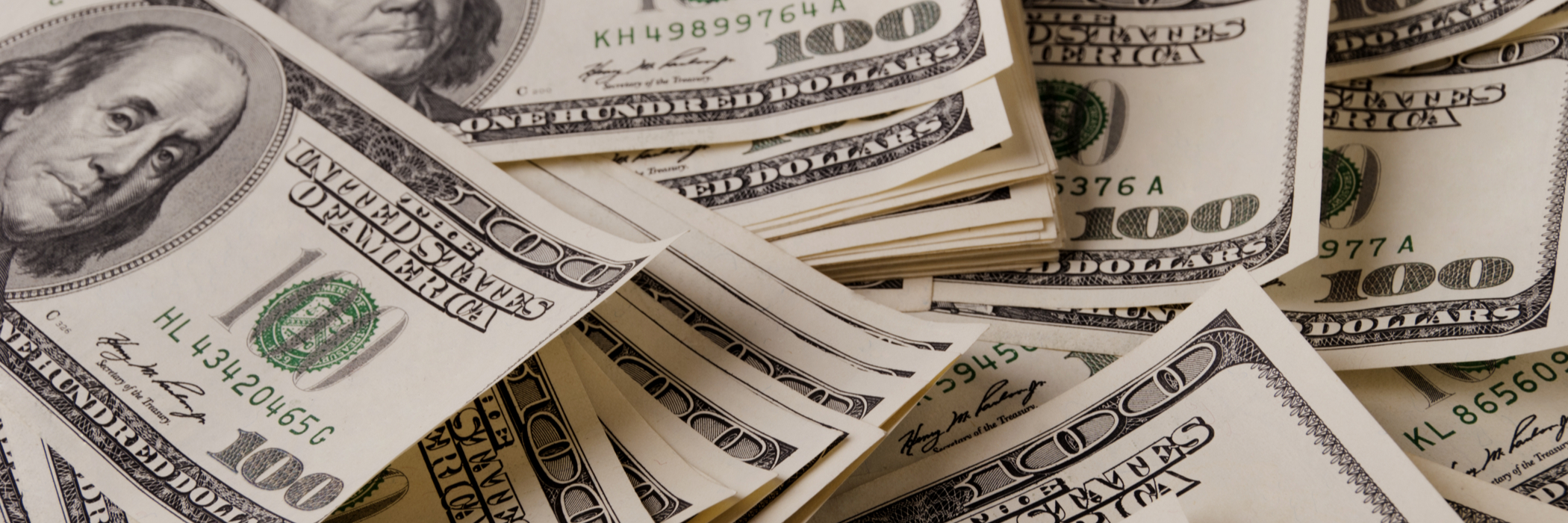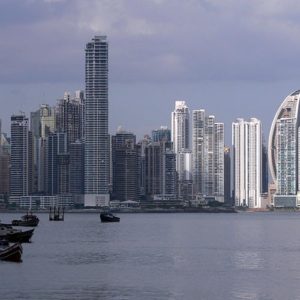In May, the Treasury Department released a final rule that was meant to increase scrutiny on banks to know the customers with which they do business. Despite the fact that we believe the Treasury rule should have been much stronger, banks are on the front-line of the battle against terror financing and criminal money laundering and do have real anti-money laundering obligations. But, there’s just one problem. Banks are having a tough time verifying who their customers are because incorporating a company in the U.S. doesn’t require owners to disclose their real names. Banks are now asking that the federal government change that.
The Clearing House Association, which represents the largest commercial banks, sent a letter to congressional lawmakers in support of the bipartisan Incorporation Transparency and Law Enforcement Assistance Act (H.R.4450, S.2489). The Clearing House includes major banks like Bank of America, Citibank, and JPMorgan Chase, and Wells Fargo. As FACT member Global Witness explains, “without a way to ensure there’s comprehensive collection of beneficial ownership information for U.S. companies, it will be hard for banks to comply with new regulations that require them to find out who are the beneficial owners of their corporate clients.”





